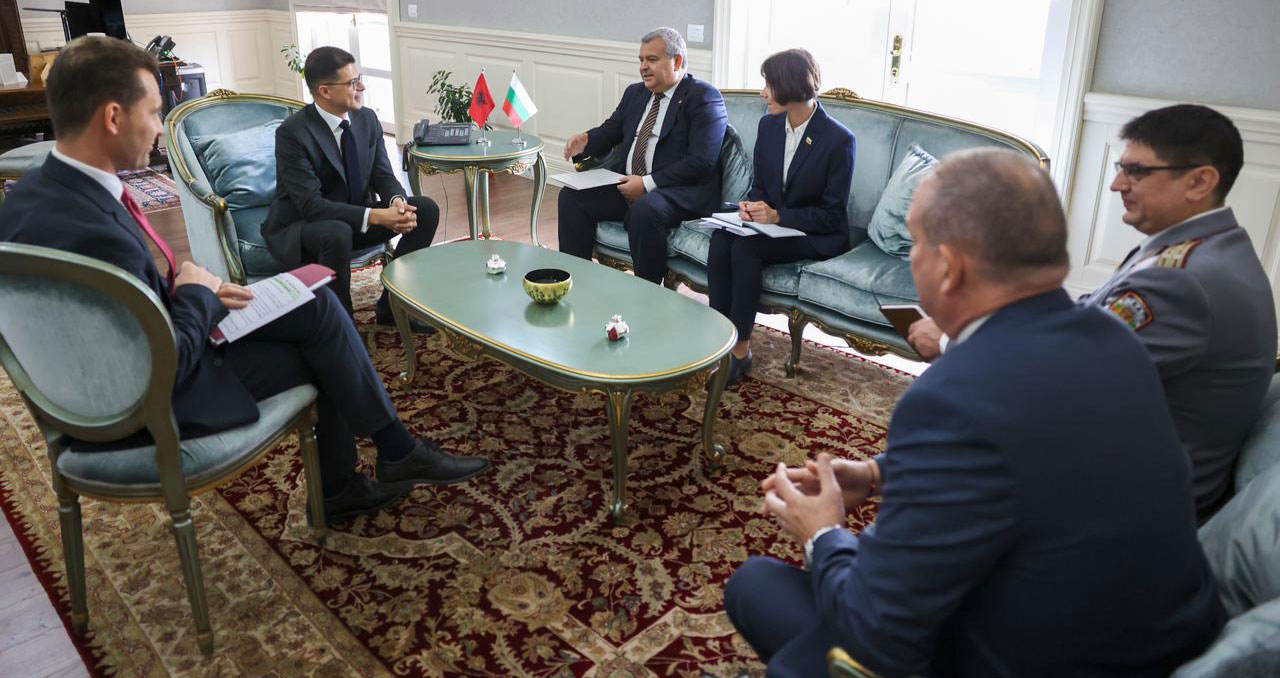Minister Balluku attends meeting of Transport Ministers
Full statement by Belinda Balluku, Deputy Prime Minister and Minister of Infrastructure and Energy, from Budapest, where she attended the meeting of transport ministers:
Today, the Hungarian government, which holds the presidency of the European Union, organized the meeting of transport ministers in Budapest. A meeting that proved to be very constructive, as all the ministers were present at the table to discuss important issues, such as the competition created by transport interconnections, especially in rail transport.
However, the discussions covered various issues concerning different European Union countries, as well as candidate countries. I shared with this high-level meeting our concerns about European Union funding and timing. Time is the most critical component for the development of the Western Balkans.
Of course, we highly appreciate all the financial support that the European Union provides through the WBIF (Western Balkans Investment Framework) projects, especially for the construction of railways in our region, which are part of Corridors VIII and X. On the other hand, our concern, and here I refer to all our neighboring countries, is the long time and bureaucracy involved in the implementation of a project.
To be honest, I felt very reassured by the fact that Deputy Prime Minister Salvini also supported a point that the European Union countries need to pay special attention to the development of the Western Balkan region, which serves as a central zone connecting several EU member states. This is the case with Corridor VIII, which connects Bulgaria and Italy, two EU countries, but in the middle of this corridor are Albania and North Macedonia, both candidate countries for membership.
We discussed several joint projects, such as Corridor VIII and Corridor X. In addition, with my colleague Liburn Aliu, the Minister of Kosovo, we were able to discuss the progress of one of our most important national projects, the new railway that will connect Shkodra with Gjakova. It will then become part of Corridor X, thus giving Albania two access points – through Corridor VIII via North Macedonia and through Corridor X via Kosovo.
There has undoubtedly been discussion of other crucial issues facing the European Union, like decarbonization. Clearly, all of these issues are related to the shared goal of creating an inclusive Europe that includes all nations, even those that are still candidates. To achieve this, we need to work together to develop joint initiatives, a unified legal framework, and, most importantly, initiatives that support regional and local development throughout Europe.



